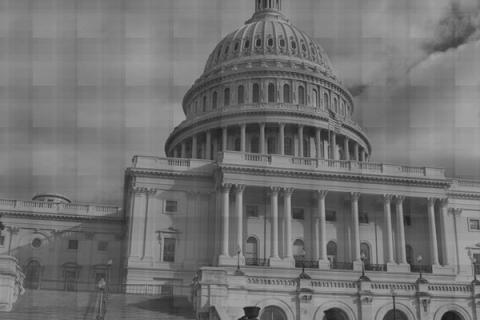
Several states tried to legalize marijuana this election, with Colorado and Washington actually passing the initiatives. Recreational use of the drug will now be legal in those states.
Colorado, the more ambitious of the two, amended its constitution to legalize marijuana. Amendment 64 not only allows people over the age of 21 to possess and consume limited amounts of marijuana, but it also allows for licensed cultivation facilities, product manufacturing facilities, retail stores, and the processing and sale of industrial hemp. Likewise, Washington’s Initiative 502 removes criminal penalties for the cultivation, possession, and consumption of marijuana and essentially regulates it like alcohol.
Colorado and Washington are now poised for a showdown with the federal courts that will have ramifications nationwide. The Justice Department is already looking into the new laws.
The Colorado governor, John Hickenlooper said of the initiative,
“The voters have spoken and we have to respect their will. This will be a complicated process, but we intend to follow through. That said, federal law still says marijuana is an illegal drug, so don’t break out the Cheetos or gold fish too quickly.”
In the past, the Supreme Court has ruled that federal officials have the authority to enforce federal law that conflicts with state law through the commerce clause. However, if Colorado and Washington are allowed time to test their legalization measures, and if they prove to be successful, it could lead to a change in how federal law treats marijuana. Depending on how the federal government responds, the war on drugs (at least the battle for marijuana) could either be coming to an end or forever strengthened.
In other states, medical marijuana measures passed in Massachusetts but failed in Arkansas. In Oregon, a legalization measure similar to those in Colorado and Washington failed to pass.
